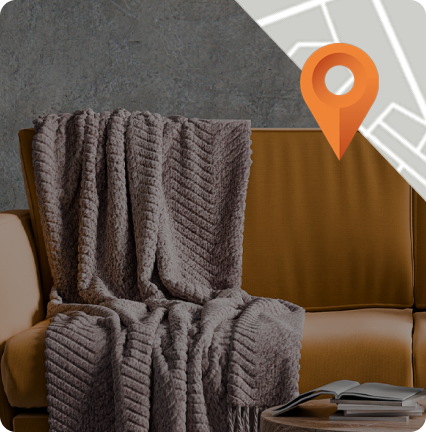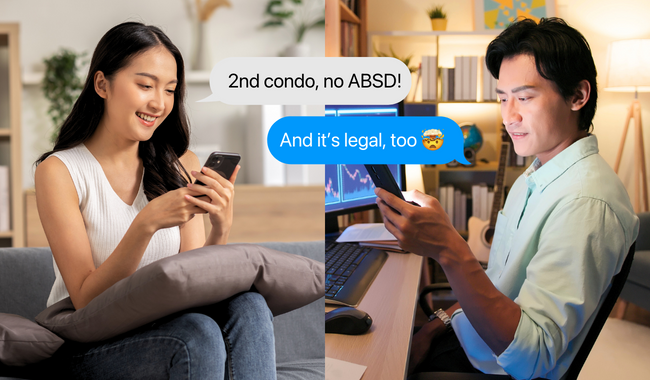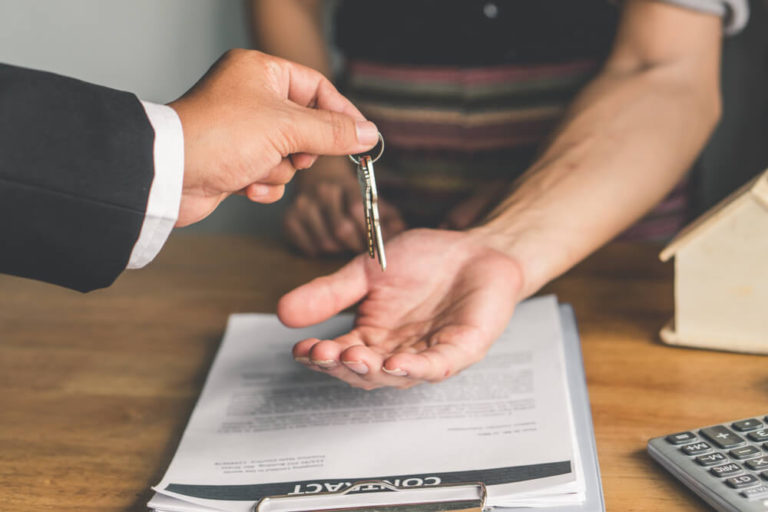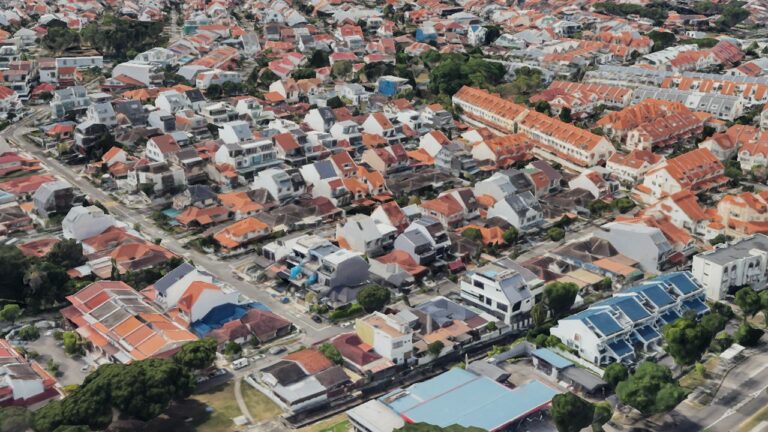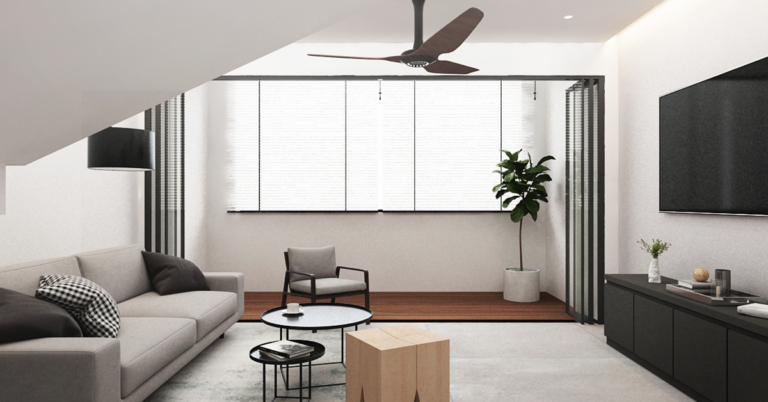Buying a second property may be a dream come true to many but, in Singapore, it also means having to pay the hefty Additional Buyer’s Stamp Duty (ABSD). The ABSD for Singapore Citizens buying a second property is 20% of the purchase price, or the current market value of the property, whichever is higher. It is 30% for Singapore Permanent Residents and 60% for foreigners. However, many married couples in Singapore have found a way to buy a second home without having to pay the ABSD through decoupling.
The truth behind property decoupling in Singapore
What is decoupling?

Joint homeowners can “decouple” when one co-owner transfers his/her share to the other, relinquishing his/her ownership completely. Now, this owner will be treated as a first-timer, as if he/she has not bought or owned a property before. Meaning, he/she can buy a second property without incurring any ABSD.
How does property decoupling work?
For example, if you decide to buy a $1 million second property for investment without decoupling, you will have to pay an ABSD of at least $300,000 (assuming you’re a Singapore Citizen buying a second property). But by decoupling, you can save the amount and use it for other home-related purchases such as home renovation and/or furnishings.
| Property Tax | What you pay if you don’t decouple | What you pay if you decouple |
| Additional Buyer’s Stamp Duty (ABSD) | $200,000 | N/A |
| Buyer Stamp Duty (BSD) | $24,600 | $24,600 |
| Total | $224,600 | $24,600 |
Sounds good, right? Unfortunately, it is not suitable for everyone.
Can you decouple your HDB?
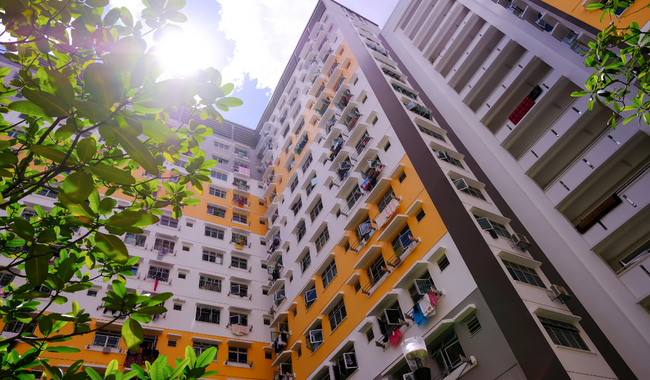
HDB flat owners have not been allowed to transfer their ownership to a family member since 2016. In most scenarios, decoupling will only be possible for private properties.
How does decoupling work for private properties in Singapore?
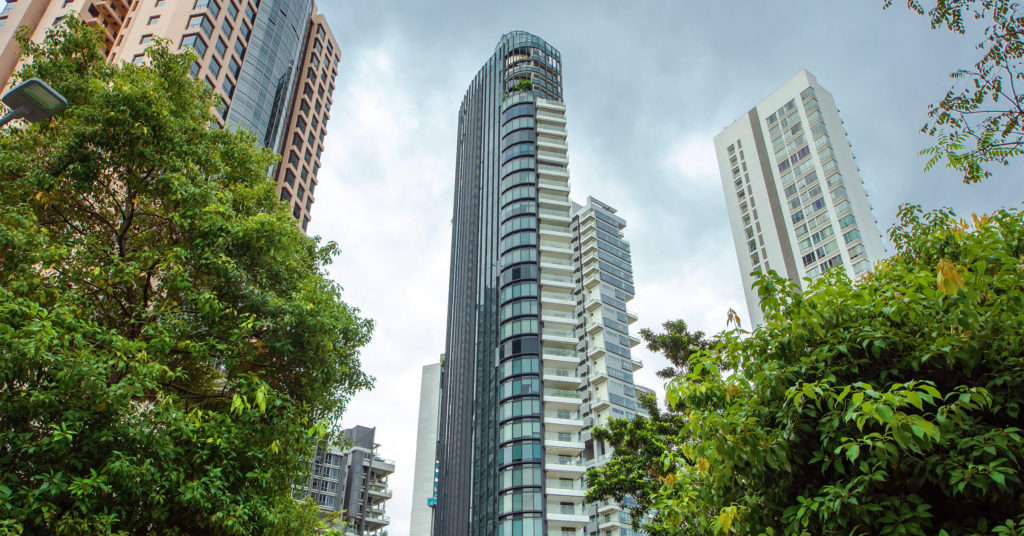
There are two ways for private homeowners can practice decoupling:
- By way of sale (part purchase)
- Through a transfer as a gift
#1: Transfer by way of sale (part purchase)
This process involves one party legally buying all the remaining shares of the property from his/her spouse. All the terms of the contract would need to be spelled out in the sale and purchase (S&P) agreement and are usually drafted by a lawyer or conveyancer.
To complete the transaction, the buyer would have to pay the seller for his/her rights to the property, as stated in the S&P agreement, and the BSD to the Inland Revenue Authority of Singapore. The lawyer would then use these proceeds to pay off the seller’s existing mortgages, CPF used, and SSD (if any) before transferring the ownership to the buyer.
Scenario A: Joint ownership (50-50) by John and Amanda

In this scenario, John and Amanda (both Singaporeans) are joint owners with equal shares in a condominium unit for more than four years. This is also known as a joint tenancy, meaning both John and Amanda have a 50% share of the property.
In the event that one co-owner passes away, the other co-owner will inherit the entire property under the right of survivorship. This is regardless if there is a will left by the deceased.
Now, imagine John earns a high and stable income. He can get a bigger loan to buy a landed property for his family to move into, but the ABSD would be a substantial cost.
Here’s how John and Amanda can decouple the condo
Current condo valuation: $1 million
Existing home loan balance: $500,000 (split equally between John and Amanda since each of them owns 50% of the property)
50-50% part share selling price (Since both John and Amanda owns 50% shares each in the property): $500,000 ($1 million divided by 2)
| John sells 50% shares to Amanda | Amanda buys 50% shares from John |
| Sale price: $500,000 | Purchase price: $500,000 |
| Pay off original home loan: $250,000 | How Amanda pays: (a) 25% (Cash + CPF): 125,000 (min. $25,000 in cash) |
| Return to John’s CPF: $150,000 (including accrued interest) | Other expenses for Amanda (Cash/CPF): (b) BSD (Purchase price*3% (-$5,400): $9,600 (c) Estimated legal fees (2 firms): $5,500 |
| John’s cash proceeds: $100,000 | (a + b + c) Total cost for Amanda: $140,100 |
| – | (d) 75% New home loan: $375,000 (e) Amanda’s existing home loan with the bank: $250,000 (d + e) Amanda’s new loan amount after the decoupling process: $625,000 |
After decoupling, John will receive $100,000 in cash proceeds, which he may use for his new home purchase that’s ABSD-free.
However, Amanda will have an increased loan amount of $625,000. This may be a heavy financial burden for just a single income to support and is not recommended for everyone. We highly encourage you to speak to our Super Agents before decoupling. They can assist you with the correct financial planning so you can meet your property goals without overwhelming your finances.
However, not all properties are held in joint-tenancy or equal shares.
Scenario B: Tenancy-in-common (99-1) ownership

In this new scenario, John and Amanda are tenants-in-common. This means, instead of a 50-50% split ownership between John and Amanda, John holds 1% share of the property, and Amanda the remaining 99%.
But here’s the thing: This only works if, at the time of purchase, it was set up to be a 99-1 split ownership.
| John sells 1% of his share to Amanda | Amanda purchases 1% of John’s share |
| Sale price (1% of $1m): $10,000 | Purchase price (1% of $1m): $10,000 |
| Pay off original home loan: $5,000 | How Amanda pays: 25% (Cash + CPF): $2,500 (min. $500 in cash) |
| Return to John’s CPF: $0 | Other expenses for Amanda (payable Cash/CPF): BSD: $100 Estimated legal fees (2 firms): $5,500 |
| John’s cash sales proceeds: $5,000 | Total cost for Amanda: $8,100 |
| – | 75% New home loan: $7,500 Amanda’s existing home loan with the bank ($500,000 x 99%): $495,000 Amanda’s new loan amount after the decoupling process: $502,500 |
Now John may proceed to buy a new property without incurring any ABSD because he has effectively sold all the shares of his property to Amanda.
And under the 99-1 rule, the BSD fee payable is only 1% at $100, which is much lower than the $9,600 buyer’s stamp duty in the first scenario. Only the legal fees will stay the same.
The risk in this scenario will arise in the event of a divorce, where one party will own 99% of the house. You may battle this out in court, but it may take time and result in higher legal costs.
2. Transfer as a gift

You can transfer your share of a property as a gift without receiving any payment, but it is only possible if there are no outstanding mortgages or CPF monies tied to the home purchase.
New laws from 9 May 2022 regarding residential properties that are transferred into a living trust:
An Additional Buyer’s Stamp Duty (ABSD) of 35% will now apply on any transfer of residential property into a living trust. ABSD will be payable even if there is no identifiable beneficial owner at the time the residential property is transferred into a trust.
So this new change closes a loophole. This ABSD (Trust) is to be paid upfront when the transfer is made.
Can you afford to decouple? Get the professional advice of a property agent
Before decoupling your property with your spouse, speak to a certified property agent and check all the costs and risks involved. Some couples may think it’s better (and quicker) to pay the ABSD and move on, but others may be more hesitant. It is a huge financial responsibility, after all. Wherever you fall in this spectrum, it is always prudent to get advice from a professional.

Drop us a message on WhatsApp to speak to any of our Super Agents or chat with us via our Live Chat at the bottom, right-hand corner of the screen.
Not looking to go through decoupling but need a better Condo Managing Agent?

Spend less on condo maintenance fees and save more for what matters to you. Ohmyhome Property Management leverages technology to automate on-site and off-site operations and digitise workflows and estate documents for productive and cost-efficient estate management. Reach out to us here.
Frequently asked questions about property decoupling in Singapore
Is property decoupling legal in Singapore?
Property decoupling typically refers to the process of one party removing their name from a property title to avoid Additional Buyer’s Stamp Duty (ABSD) when purchasing another property. This process is subject to prevailing property laws and regulations in Singapore, particularly those related to stamp duties and property transactions.
What are the benefits and risks of property decoupling?
Property decoupling offers benefits such as avoiding Additional Buyer’s Stamp Duty (ABSD), providing flexibility in ownership arrangements, aiding estate planning and asset protection, and potentially offering tax advantages. However, it carries risks including legal and regulatory compliance issues, financial implications such as transaction costs and impact on financing, potential loss of ownership rights or control, and exposure to market risks.
How does property decoupling affect property ownership and taxation?
Property decoupling involves transferring ownership of a property from one or more owners to another party, typically to reduce or avoid certain taxes such as Additional Buyer’s Stamp Duty (ABSD). This can affect ownership structure, decision-making rights, and tax liabilities related to rental income and capital gains. While property decoupling can be beneficial for tax planning and estate management, it requires careful consideration of legal and regulatory compliance, potential financial implications, and broader estate planning considerations.
Are there any restrictions or limitations on property decoupling?
Restrictions and limitations on property decoupling can vary depending on jurisdiction and circumstances but typically include regulatory constraints to prevent tax evasion or fraudulent transactions, such as minimum ownership periods and restrictions on transfer frequency. Tax laws may impose limitations to prevent abuse of tax incentives, like restrictions on claiming stamp duty exemptions within certain timeframes. Mortgage constraints could require repayment of existing mortgages or lender approval for decoupling. Decoupling arrangements must align with ownership rights and may need consent from all owners. Additionally, estate planning goals must adhere to inheritance laws and estate tax regulations.
How does property decoupling differ for HDB and private properties?
Decoupling an HDB flat, which means transferring the ownership of the flat from both owners to just one, is generally not straightforward due to the regulations set by HDB. There are specific conditions under which the transfer of flat ownership is allowed, including marriage, divorce, death of an owner, financial hardship, renunciation of citizenship, and medical reasons. Any other reasons for the transfer of ownership are assessed by HDB on a case-by-case basis. This means that decoupling for the purpose of avoiding Additional Buyer’s Stamp Duty (ABSD) or for investment purposes might not be possible under HDB rules. Meanwhile, the process of decoupling a private property is less complicated.
What happens if I do not have sufficient CPF for the downpayment, stamp duty or legal fee?
All payable costs/fees would be paid in cash if you have insufficient CPF savings.
Can I get a mortgage loan for my second property?
Please remember to consider the Total Debt Servicing Ratio (TDSR), which sets a monthly repayment threshold for property loans at a maximum of 60% of the borrower’s monthly income.
The eligible loan amount may vary between partners as it is dependent on income, employment, credit standing, etc. Check with your bank mortgage officer on your eligibility.
As the seller, can I keep the sales proceeds as cash after decoupling?
All CPF Ordinary Account funds and accrued interest used towards the payment of the property must first be returned to the CPF Board. The remaining surplus would be returned to the owner as cash.
Editor’s Note: This post was originally published in May 2022 and has been updated to reflect the changes made to the ABSD rates as announced by the government on 26 April 2023. In light of the 99-1 Tax Loophole, this guide doesn’t promote the practice of tax evasion but explains the process of legal decoupling.





